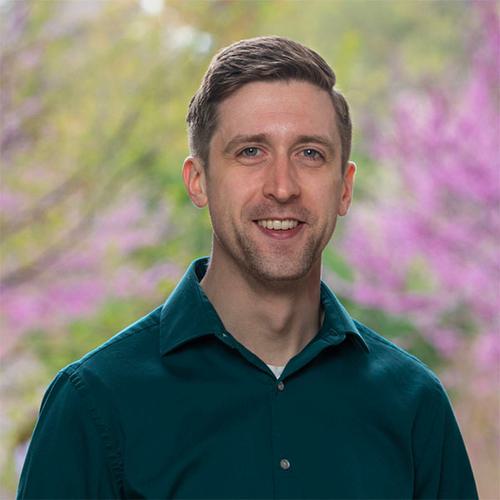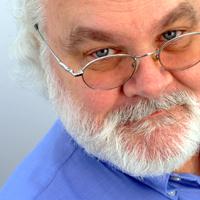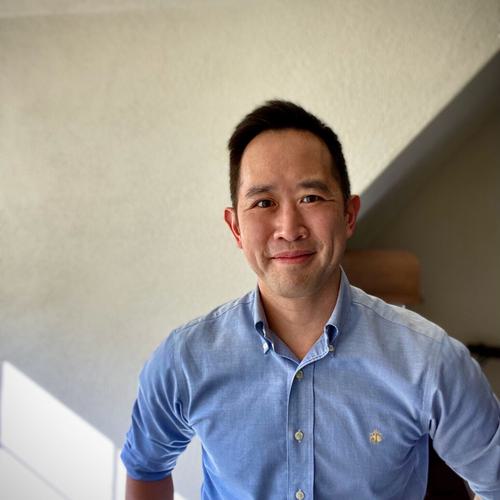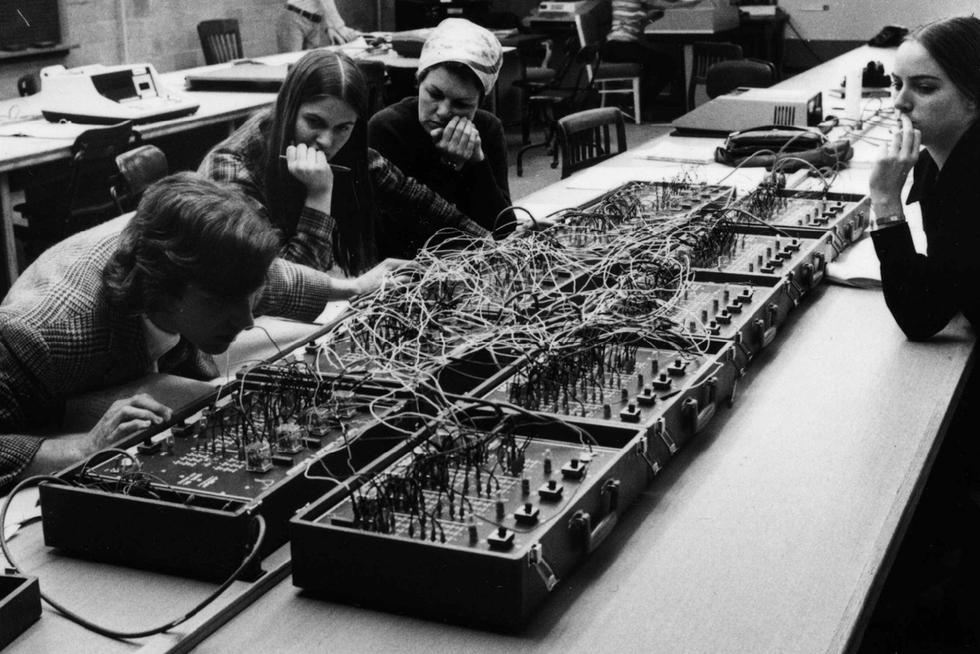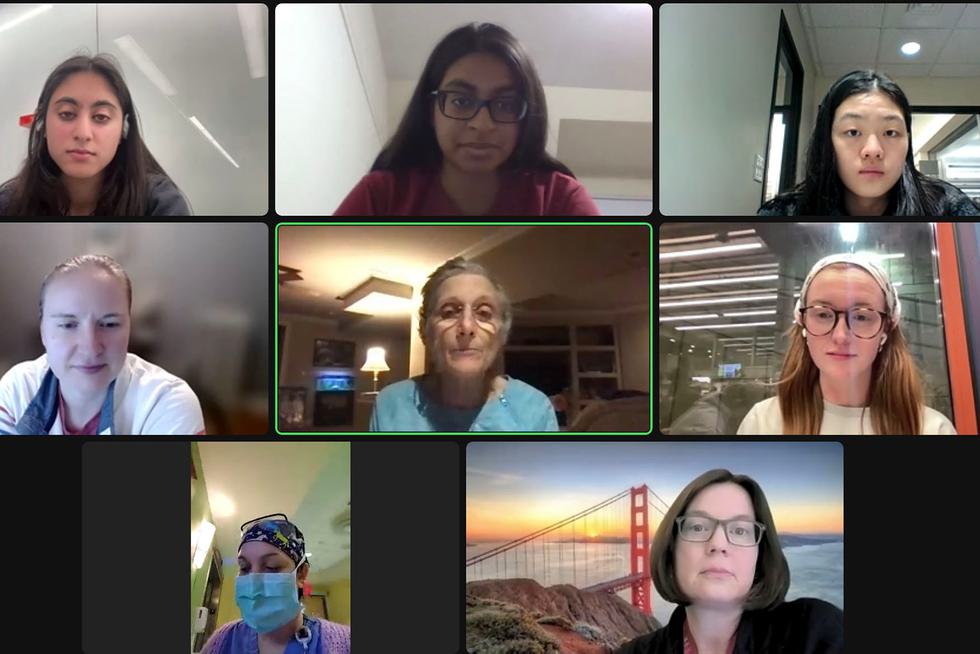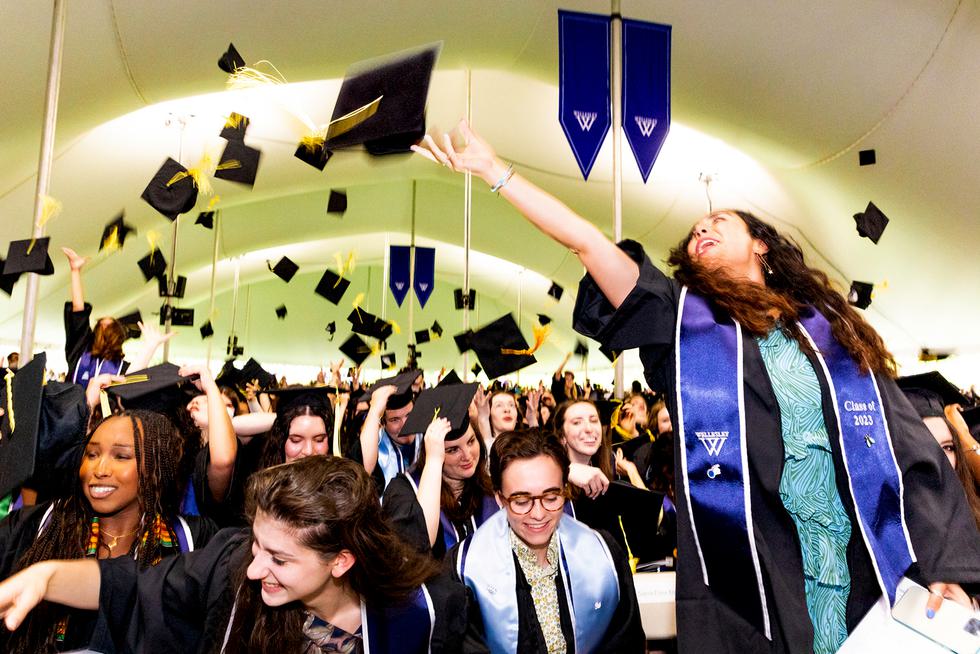Psychology
Academic Department Introduction
Psychology is the study of human behavior and mental processes. These include sensation and perception, cognition, emotion, motivation, and interpersonal interactions. Many psychologists seek to improve the quality of human life through the use of psychological knowledge.
Our majors have the opportunity to design and complete an entire project, from question through hands-on research to presentation. Research participants may be students in lower-level psychology courses or children attending Wellesley’s renowned laboratory preschool, the Child Study Center. Students can also earn academic credit through internships in subfields such as clinical and/or developmental psychology.
Learning goals
Articulate key concepts, principles, and themes in psychology.
Evaluate ethical aspects of psychological research and conduct research in an ethical fashion.
Analyze human behavior from individual, interpersonal, and cultural perspectives.
Programs of Study
Psychology major and minor
Students will be able to articulate key concepts, principles, and overarching themes in psychology and will be able to apply psychological theory and empirical findings to real-world phenomena.
Course Highlights
Introduction to research methods appropriate to the study of human cognition (i.e., how people take in, interpret, organize, remember, and use information in their daily lives). Individual and group projects. Laboratory.
-
Introduction to Psychology
PSYC101
An introduction to some of the major subfields of psychology, such as developmental, personality, clinical, physiological, cognitive, cultural, and social psychology. Students will explore various theoretical perspectives and research methods used by psychologists to study the origins and variations in human behavior. -
A discussion-based examination of social psychological theory and research on prejudice and discrimination with applications to current social issues. Topics include racism, sexism, heterosexism, ageism, and many other forms of intergroup bias, with an emphasis on the psychological mechanisms that underlie all prejudices. We will address two primary questions: Why do people have prejudices? What factors may reduce intergroup bias?
Research highlights
-
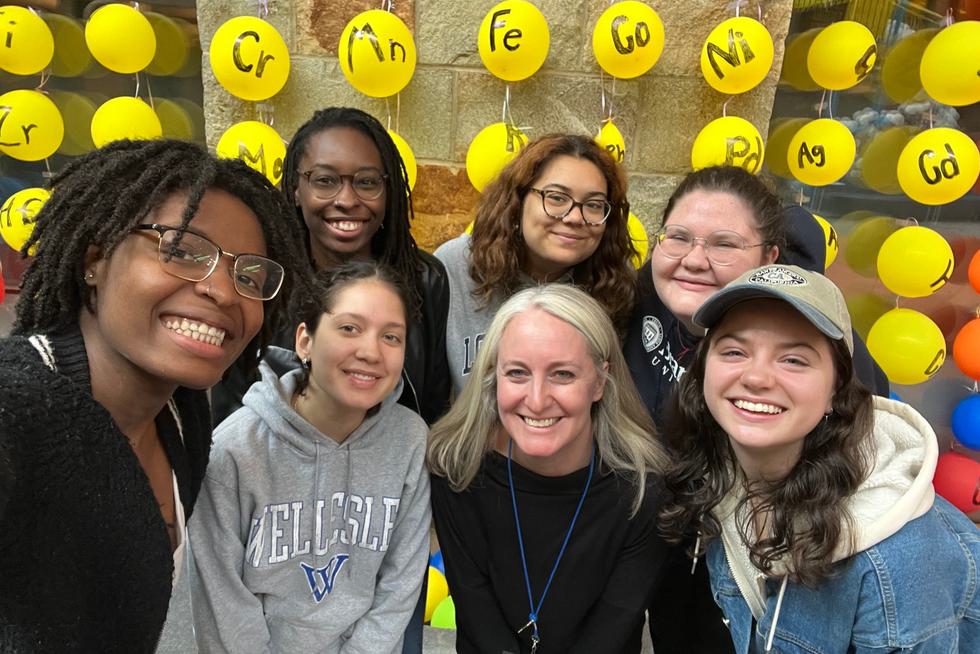
In the Mechanisms of Affective Dysregulation Lab, students use behavioral and neural measures to better understand irritability and its associated behavioral and emotion dysregulation.
-
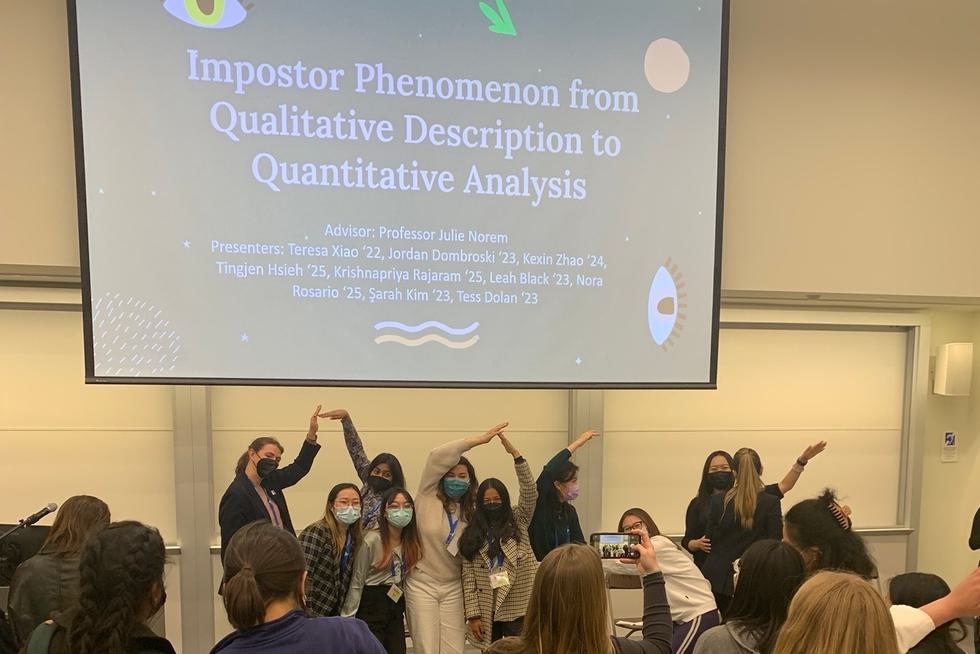
In the Personality and Self-Knowledge Lab, students look at relationships between people’s self-concepts, strategies they use, and goals they pursue. We have three projects underway. 1) We are developing prototype descriptions of people using different strategies in stressful situations to explore how other people perceive use of those strategies. 2) We are looking at how negative and positive affective states influence the use of cognitive heuristics (e.g. stereotypes). 3) We are looking at the relationship between self-concept, identity, and impostor feelings.
-
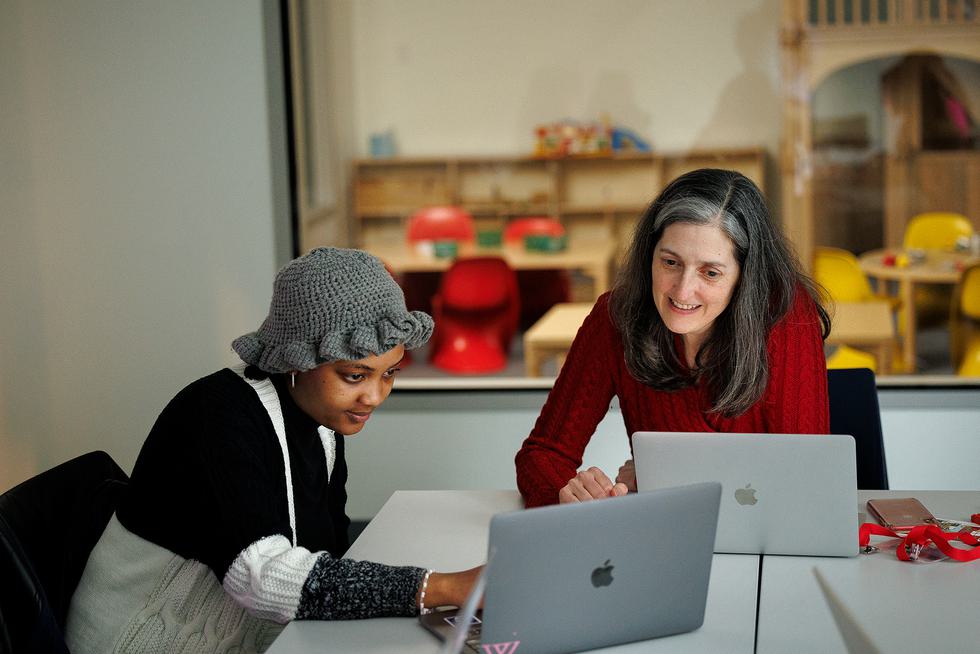
In the Imaginary Lab, students investigate questions relating to the role of imagination in children’s social development, particularly with respect to relationships. We are investigating the differences between pretend play and imagination, how young children form relationships with media characters, and how these relationships compare with those young children create with imaginary companions. This work has implications for how media characters might be best used in educational programming.
Opportunities
-
Claire Zimmerman Fellowship Program
This fellowship rewards outstanding psychology students with the opportunity to serve as teaching fellows in PSYC 101: Intro to Psychology.
-
Internships
We offer internships in clinical and developmental psychology for academic credit.
-
Psych Club
Open to all, the Psych Club sponsors lectures, panels, films, and parties.
Beyond Wellesley
Beyond Wellesley
Many of Wellesley’s psychology graduates earn master’s degrees or doctorates. Career destinations include the health care and education sectors, with many grads conducting research and/or teaching. Recent employers include Massachusetts General Hospital, McLean Hospital, Accenture, and the National Science Foundation.
Recent Employers






Department of Psychology
106 Central Street
Wellesley, MA 02481



